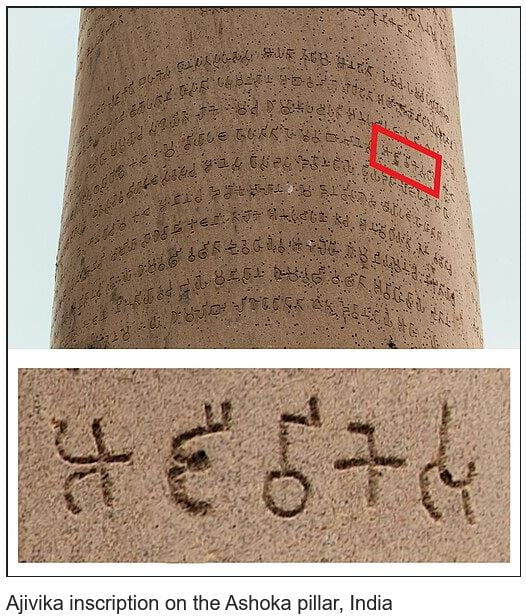Ajivika philosophy is one of the oldest philosophical beliefs originating from India. The philosophy is based on the concept of naturalism and determinism, which is quite different from Western philosophical beliefs. The Ajivika philosophy has been around for over 2,500 years and has played a significant role in shaping the beliefs and practices of people in India.
Ajivika Philosophy: Origins and Beliefs
The Ajivika philosophy originated in India in the 5th century BCE during the lifetime of Mahavira, the founder of Jainism. The philosophy was founded by Makkhali Gosala, a contemporary of Mahavira. The Ajivikas believed that everything in life is predetermined, and they rejected the concept of free will. They believed that every human being’s destiny is predetermined, and there is nothing one can do to change it.
The Ajivika philosophy also believes in naturalism, which means that everything that happens in the world is a result of natural causes. They do not believe in any supernatural force, including gods or spirits. The philosophy believes that everything in the world is made up of atoms, which are eternal and indestructible. The Ajivikas believed that everything in life is bound by karma, which is a law of cause and effect.
The Tenets of Ajivika Philosophy Explained
The Ajivika philosophy is based on five fundamental principles, which are known as the Anukrama-Sthana. The first principle is that everything in the universe is eternal, including matter and time. The second principle is that the universe is in a constant state of flux, and everything is continuously changing. The third principle is that everything in the universe is interconnected, and every action has a reaction.
The fourth principle of the Ajivika philosophy is that everything in life is predetermined, and there is no such thing as free will. The fifth principle is that everything in life is bound by karma, which is a law of cause and effect. The Ajivikas believed that everything that happens in life is a result of one’s actions in the past. They believed that one’s actions in this life will determine their fate in the next life.
In conclusion, the Ajivika philosophy is an ancient Indian philosophy that is based on naturalism and determinism. The philosophy believes that everything in life is predetermined and that there is no free will. The Ajivikas believed in karma, which is a law of cause and effect that determines one’s fate in life. The Ajivikas have had a significant impact on Indian philosophy and have shaped the beliefs and practices of people in India.
Image credit
Abhatnagar2, CC BY-SA 3.0
